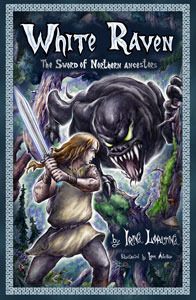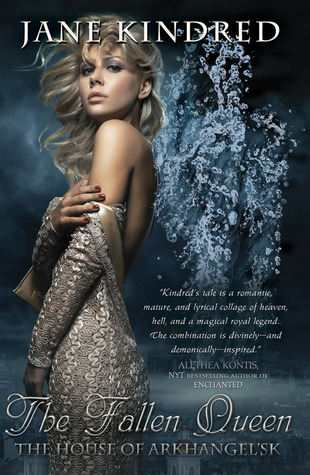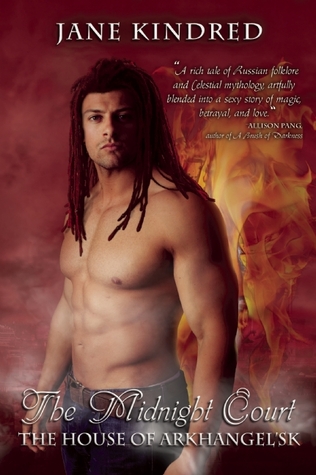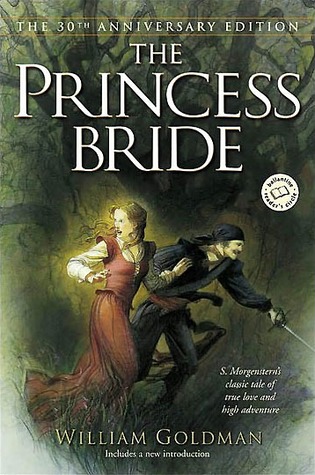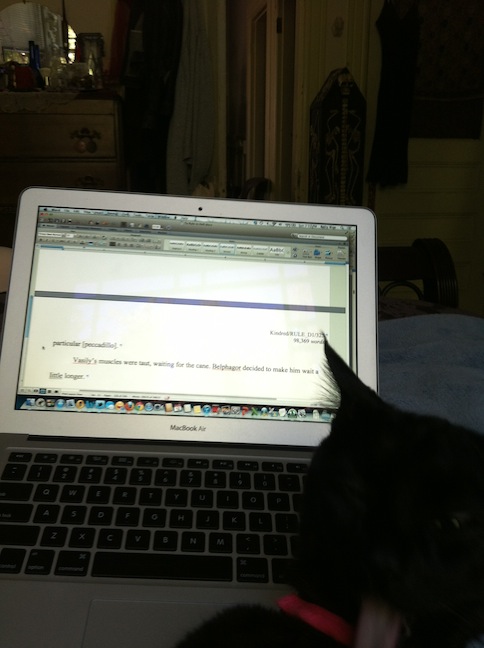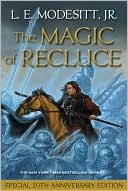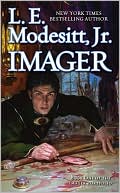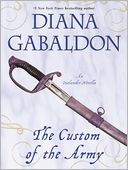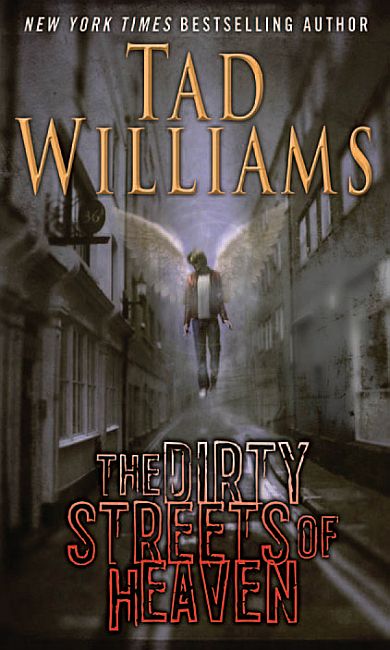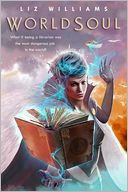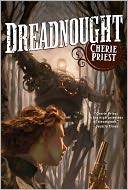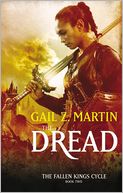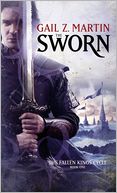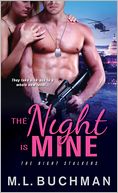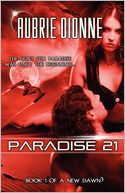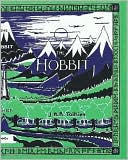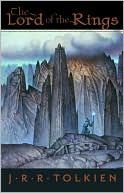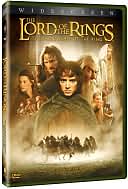 “Love looks forward, hate looks backward, and anxiety stalks NetGalley and Edelweiss for early review copies.” That is not the way the saying goes, but it works for me.
“Love looks forward, hate looks backward, and anxiety stalks NetGalley and Edelweiss for early review copies.” That is not the way the saying goes, but it works for me.
I’m also hoping that there will be review copies of the Spring books at least on the American Library Association Midwinter Exhibits floor–especially since I won’t need to worry about what I carry home with me. I’ll be home. The conference is here in Seattle this year.
So, what books are at the tippy top of my wishlist for 2013?
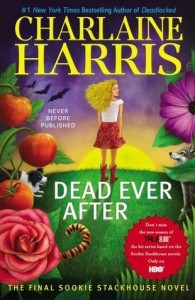 Dead Ever After by Charlaine Harris, otherwise known as Sookie Stackhouse’s last hurrah. Even though the last few books in the series haven’t been quite up to the high bar set by the early entries, I have to know how Sookie’s story ends. Don’t you?
Dead Ever After by Charlaine Harris, otherwise known as Sookie Stackhouse’s last hurrah. Even though the last few books in the series haven’t been quite up to the high bar set by the early entries, I have to know how Sookie’s story ends. Don’t you?
Written in My Own Heart’s Blood by Diana Gabaldon is the 8th doorstop in her giant, world-traveling, era-spanning Outlander series. The series has been described as “historical fiction with a Moebius twist,” and that’s the best short summation I’ve read for the damn thing that makes any sense. What they are is the best way to lose about three days, every time there’s a new one–and I can’t wait.
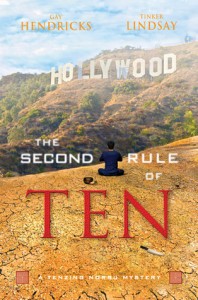 The Second Rule of Ten by Gay Hendricks and Tinker Lindsay. I’ll confess that I have this one because I did stalk NetGalley for months after reading The First Rule of Ten, but the official date of publication is January 1, 2013, so it’s on the list. Tenzing Norbu is interesting as a detective because he is just different enough to see the world slightly askew, and it helps him solve crimes. The world he solves crimes in is itself slightly askew. Of all the places for an ex-monk to end up, Hollywood? Really? Marvelous!
The Second Rule of Ten by Gay Hendricks and Tinker Lindsay. I’ll confess that I have this one because I did stalk NetGalley for months after reading The First Rule of Ten, but the official date of publication is January 1, 2013, so it’s on the list. Tenzing Norbu is interesting as a detective because he is just different enough to see the world slightly askew, and it helps him solve crimes. The world he solves crimes in is itself slightly askew. Of all the places for an ex-monk to end up, Hollywood? Really? Marvelous!
Cast in Sorrow by Michelle Sagara will be number 9 in her Chronicles of Elantra. I just finished book 8, Cast in Peril, last week, and I’m already jonesing for my next fix. It doesn’t help that Cast in Peril ended in the middle of a very dangerous journey, not that Kaylin ever manages to stay out of trouble for long. So this wait is even more cliffhanger-esque than normal.
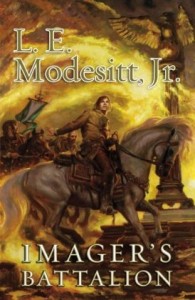 Imager’s Battalion by L.E. Modesitt Jr. When I finished the first trilogy in Modesitt’s Imager Portfolio, I thought he was done. The story was marvelous, but his hero’s journey was over. Little did I know he had a prequel in mind. Quaeryt’s journey from bureaucratic aide to military leader reads a bit like Jim Butcher’s Codex Alera series. And that’s not bad company at all.
Imager’s Battalion by L.E. Modesitt Jr. When I finished the first trilogy in Modesitt’s Imager Portfolio, I thought he was done. The story was marvelous, but his hero’s journey was over. Little did I know he had a prequel in mind. Quaeryt’s journey from bureaucratic aide to military leader reads a bit like Jim Butcher’s Codex Alera series. And that’s not bad company at all.
Untitled Psy-Changeling #12 by Nalini Singh. I hate this. The publisher and the author are being particularly coy about this one. Even the title is supposed to be a huge spoiler for some shocking secret mystery. As annoyed as I am about this, I adore the Psy-Changeling series, so I can’t wait for the book. Whatever it’s called.
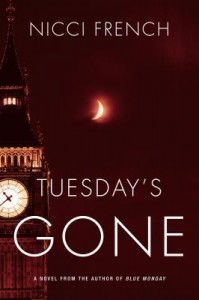 Tuesday’s Gone by Nicci French is the second book in French’s new mystery series featuring therapist Frieda Klein. Something about the first book, Blue Monday, absolutely grabbed me. I think it had to do with how much Klein wanted to keep the case at arm’s length, and how personal it all turned out to be. Blue Monday was chilling and I want to see if Tuesday’s Gone is just as good.
Tuesday’s Gone by Nicci French is the second book in French’s new mystery series featuring therapist Frieda Klein. Something about the first book, Blue Monday, absolutely grabbed me. I think it had to do with how much Klein wanted to keep the case at arm’s length, and how personal it all turned out to be. Blue Monday was chilling and I want to see if Tuesday’s Gone is just as good.
One-Eyed Jack by Elizabeth Bear is something I’ve wanted for a long time, but never expected to see. It’s a continuation of her utterly wondrous Promethean Age series. The Promethean Age books were urban fantasy of the crossover school, something that isn’t done well nearly often enough. In the Promethean Age, Faerie exists alongside our world, and events can effect both, sometimes with disastrous consequences.
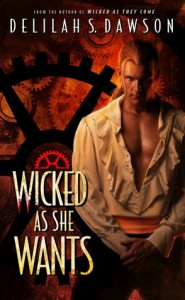 Wicked as She Wants by Delilah S. Dawson is the second book in Dawson’s absolutely yummy Blud series. The first book, Wicked as They Come, was dark, creepy, sensual and extremely eerie. At the same time, the love story was hauntingly beautiful. And I want to see more bludbunnies. Any writer who can come up with piranha rabbits has to have more tricks up her sleeve.
Wicked as She Wants by Delilah S. Dawson is the second book in Dawson’s absolutely yummy Blud series. The first book, Wicked as They Come, was dark, creepy, sensual and extremely eerie. At the same time, the love story was hauntingly beautiful. And I want to see more bludbunnies. Any writer who can come up with piranha rabbits has to have more tricks up her sleeve.
Calculated in Death and Thankless in Death by J.D. Robb. I still want to know how Nora Roberts does it. Calculated and Thankless are the two In Death books scheduled for 2013. I have a hard time believing that they are numbers 36 and 37 in the series. Odds are that one will be close to awesome, and one will be a visit with old friends, which is still not bad. I’m going to buy them both anyway and read them in one gulp the minute I get them.
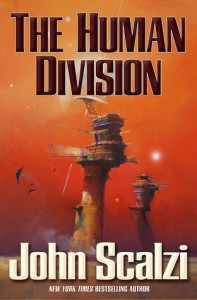 The Human Division by John Scalzi is Scalzi’s first novel in his Old Man’s War universe since Zoe’s Tale in 2008. Old Man’s War is military science fiction, with a slice of social commentary, and just a hint of a love story. It’s also just plain awesome. And anything new by Scalzi is automatically great news. Even more fascinating, The Human Division is going to be released as a digital serial, starting in January. So the only question is whether I get it in bits, or do I wait for the finished novel? Or both?
The Human Division by John Scalzi is Scalzi’s first novel in his Old Man’s War universe since Zoe’s Tale in 2008. Old Man’s War is military science fiction, with a slice of social commentary, and just a hint of a love story. It’s also just plain awesome. And anything new by Scalzi is automatically great news. Even more fascinating, The Human Division is going to be released as a digital serial, starting in January. So the only question is whether I get it in bits, or do I wait for the finished novel? Or both?
Heart Fortune by Robin D. Owens is the twelfth book in Owens’ Celta series. In Celta, Robin D. Owens has created the kind of world that readers want to live on, as well as experience vicariously through her stories. I’ve read the entire Celta series, and they are one of the few romance series I’ve read that manages to make the “fated mate” concept work–probably because she occasionally subverts it.
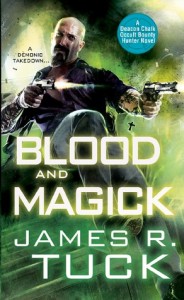 Blood and Magick by James R. Tuck. This is the third book in the Deacon Chalk series, and I love them. I found Deacon because it’s getting to be too long a wait between Dresden Files books (and it looks like 2013 will be a year without Harry). Deacon Chalk mostly takes out his demons with guns. Lots and lots of guns. But he knows some on the side of the righteous, too. Deacon Chalk is urban fantasy of the purely kick-butt fun school.
Blood and Magick by James R. Tuck. This is the third book in the Deacon Chalk series, and I love them. I found Deacon because it’s getting to be too long a wait between Dresden Files books (and it looks like 2013 will be a year without Harry). Deacon Chalk mostly takes out his demons with guns. Lots and lots of guns. But he knows some on the side of the righteous, too. Deacon Chalk is urban fantasy of the purely kick-butt fun school.
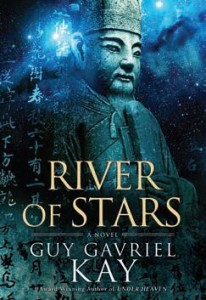 River of Stars by Guy Gavriel Kay will be my birthday present this year, or close enough. Kay writes fantasy mixed with a large helping of historical fiction. The result is a magical blending of history as it might have been. Beautiful, complex, breath-takingly poignant. Kay writes worlds of awe and wonder. I can’t wait to be awestruck again.
River of Stars by Guy Gavriel Kay will be my birthday present this year, or close enough. Kay writes fantasy mixed with a large helping of historical fiction. The result is a magical blending of history as it might have been. Beautiful, complex, breath-takingly poignant. Kay writes worlds of awe and wonder. I can’t wait to be awestruck again.
These are the books. For 2013 it seemed fitting to choose a baker’s dozen, or 13, books that I’m looking forward to the most.
If you’re curious about what happened to last year’s “Anticipateds” stop by Book Lovers Inc. on Thursday.
What books are you looking forward to the most in 2013?

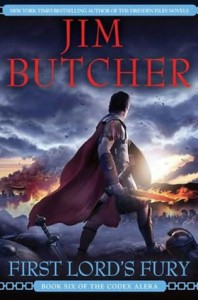
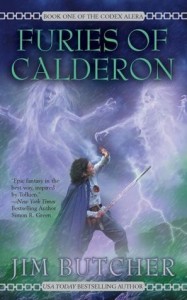
![Irina Lopatina [image of Irina Lopatina]](https://www.readingreality.net/wp-content/uploads/2012/08/Irina-Lopatina-300x300.jpg)
![White-Raven-196x300 [book cover for White Raven]](https://www.readingreality.net/wp-content/uploads/2012/08/White-Raven-196x300.jpg)

